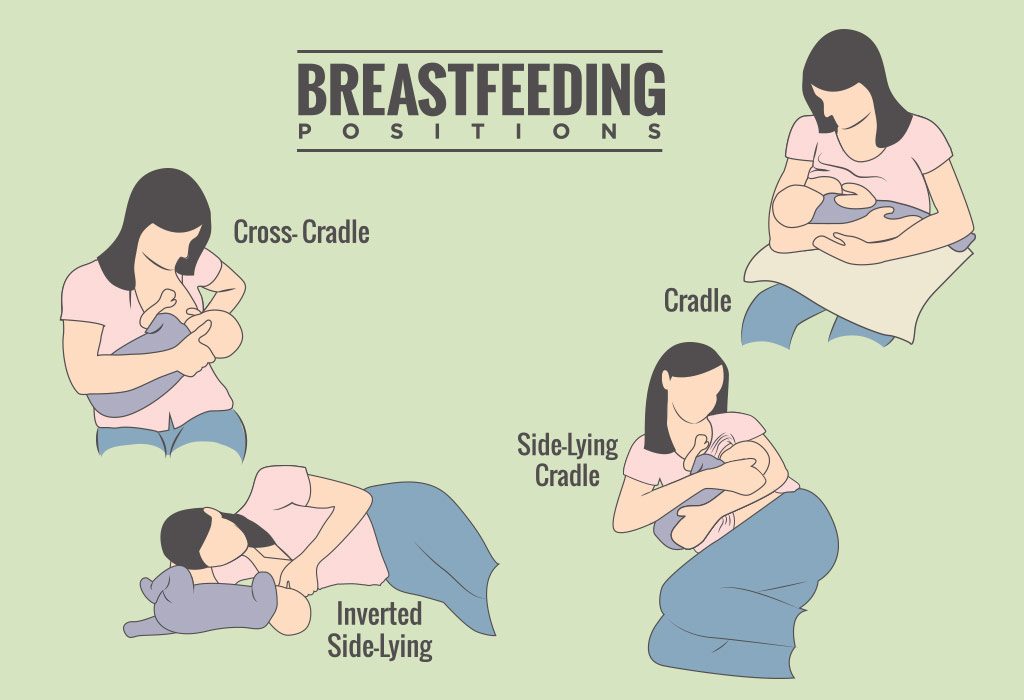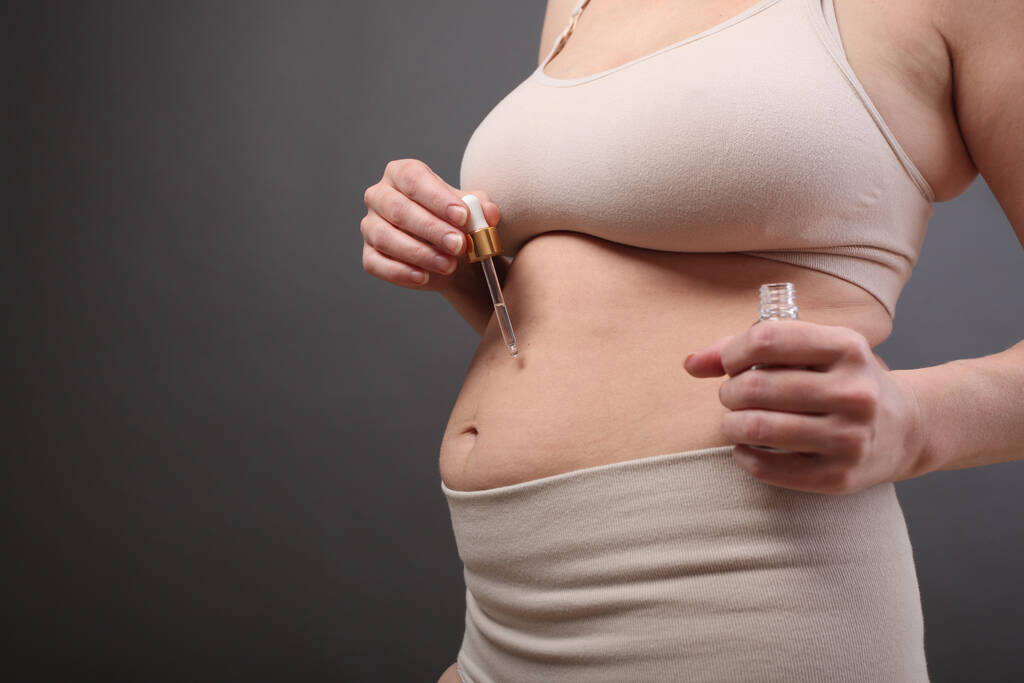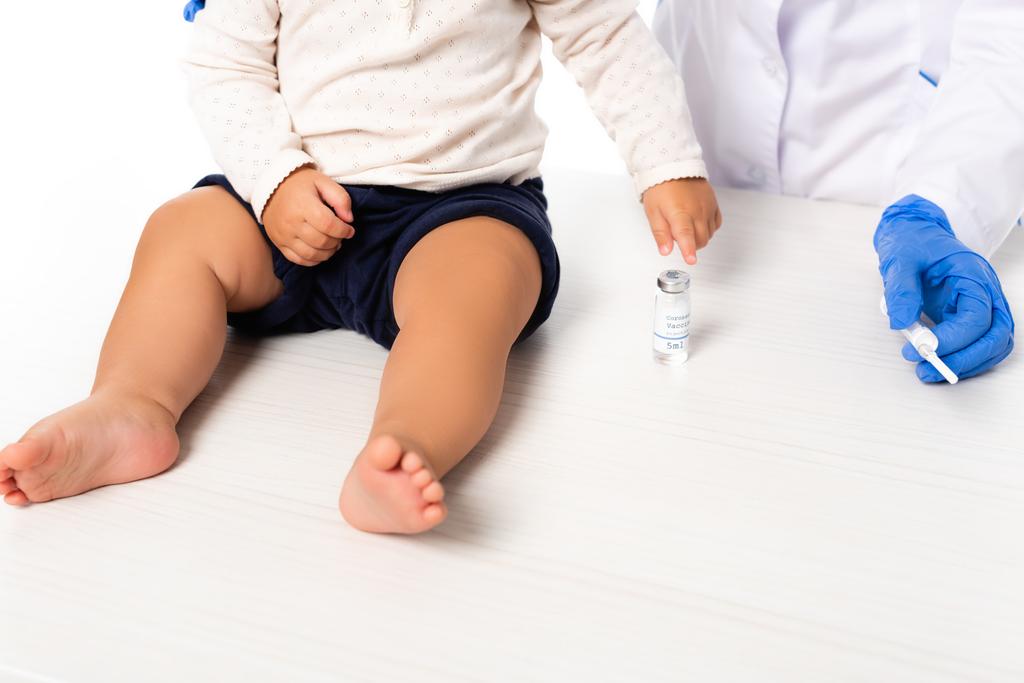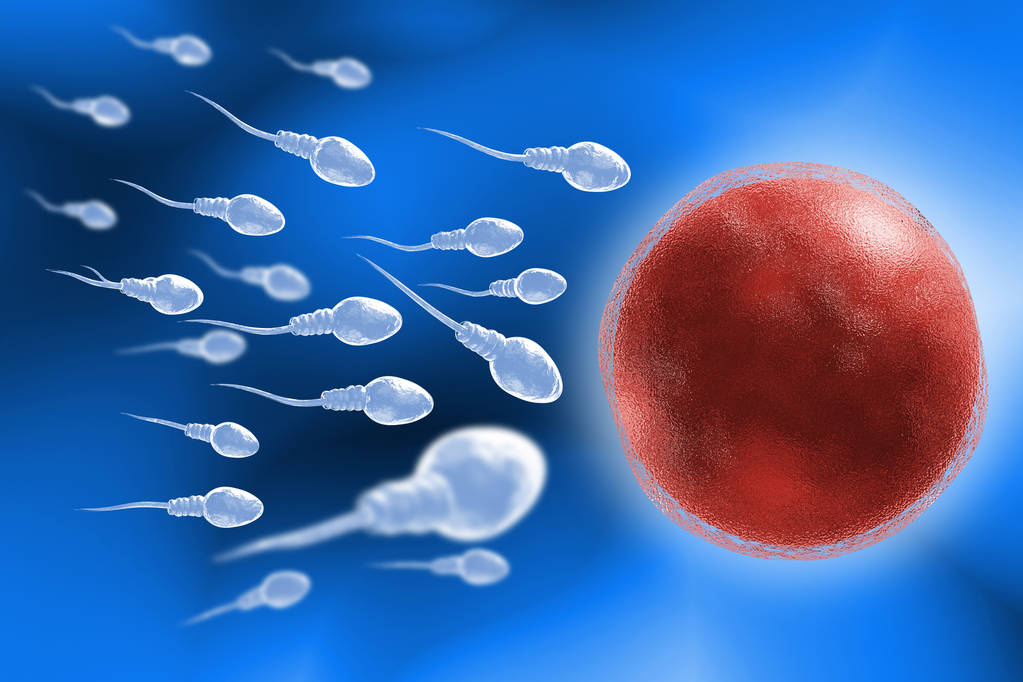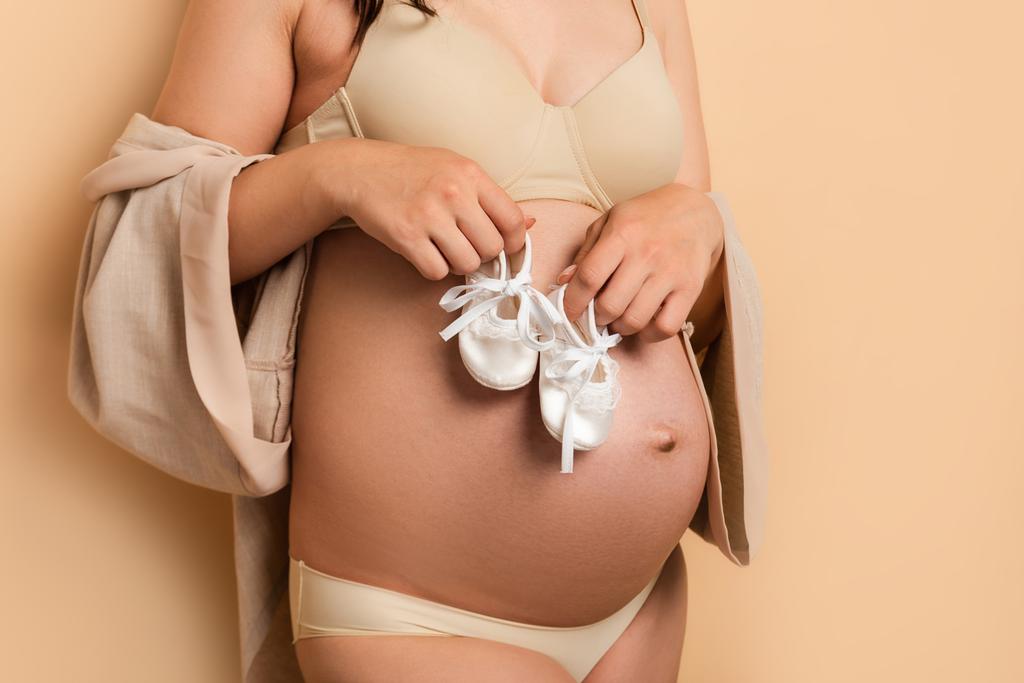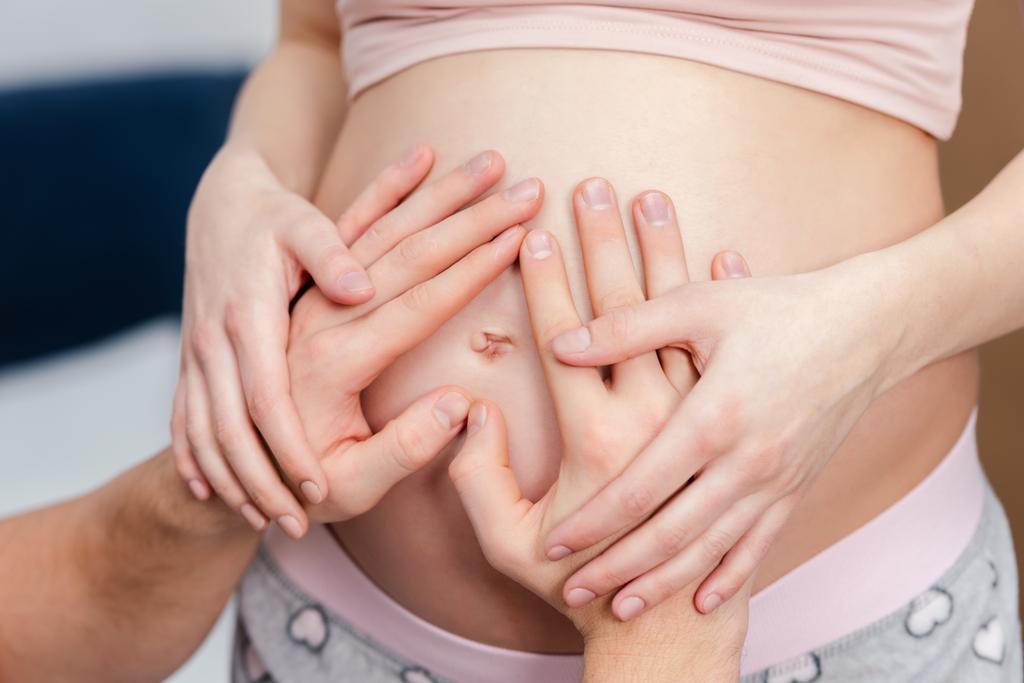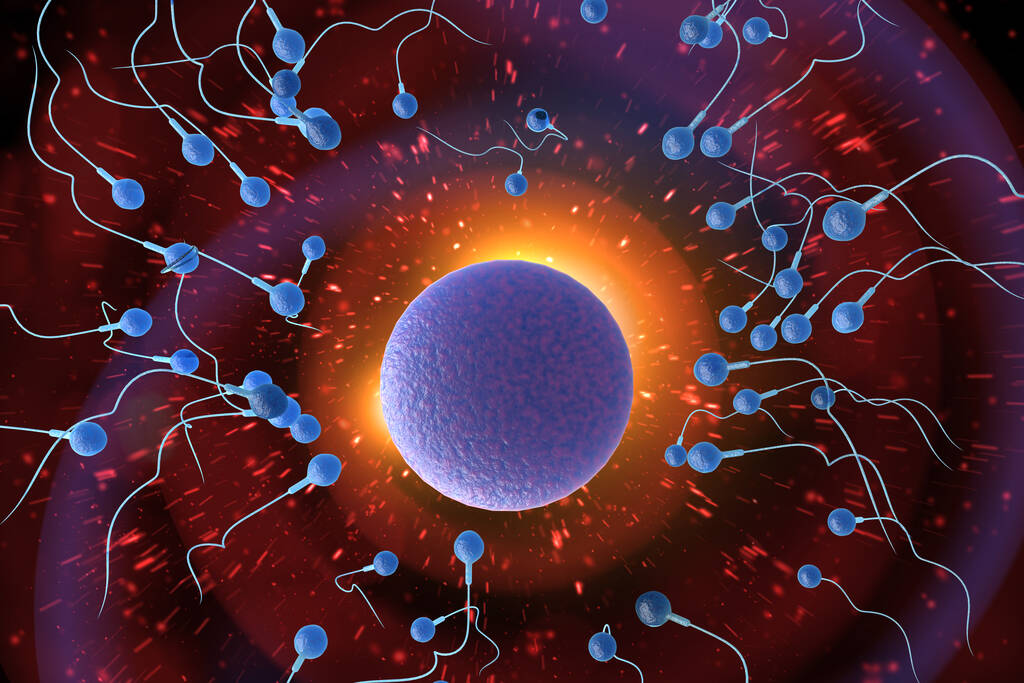Welcoming a newborn into your family is a joyous occasion, and as your little one embarks on the journey from birth to preschool days, you might find yourself using various terms like newborn, baby, infant, and toddler. However, pinpointing the exact moment when your baby transitions from one stage to another can be a bit perplexing, as there are no universal definitions or fixed age ranges. In this exploration, we’ll delve into these terms, shedding light on the developmental milestones you can expect along the way.
Defining Newborns, Babies, and Infants: Age Ranges
You’ve likely heard your bundle of joy referred to as a newborn, infant, or baby, but what do these terms really mean? The lines can blur, but some experts consider infants to be under 28 days old, while others extend the newborn phase up to 2 or 3 months. Essentially, the newborn stage encompasses the initial weeks or months after birth, making it delicate and special for a babyime.
As your little one continues to grow, the terms newborn, baby, and infant may be used interchangeably, but generally, they cover the period up to approximately 1 year of age. During this time, your baby undergoes remarkable changes and achievements, turning each day into a new adventure.
Developmental Stages: Newborn to 1 Year
Babies are unique individuals, and their development unfolds at its own pace. While there’s no one-size-fits-all timeline, there are exciting milestones you can anticipate during your baby’s first year. These milestones include:
- The First Smile: Around two months, your baby may grace you with their first heartwarming smile as they begin to respond to the world around them.
- Visual Development: As the months progress, your newborn’s vision becomes more focused, enabling them to see colors and objects in the distance.
- Reaching and Grasping: Around three to four months, your baby may start reaching out for objects, showcasing the development of their motor skills.
- Language Understanding: By six months, some babies may comprehend simple words like “no” and start recognizing the names of familiar people.
- Social Engagement: Babbling, waving “bye-bye,” and playing games like peekaboo or patty-cake become prominent as your baby develops social and communication skills.
- Motor Skills: Crawling, pulling up to stand, and even taking those first wobbly steps can happen between seven and twelve months.
- Fine Motor Skills: Delicate movements, like using the pincer grasp to pick up small objects, become apparent as your baby refines their fine motor skills.
Monitoring Your Baby’s Development
It’s crucial to remember that every baby is unique, and developmental milestones vary. However, if you ever find yourself wondering about your baby’s progress, don’t hesitate to reach out to their healthcare provider. Regular check-ups and discussions about your baby’s development can provide valuable insights and reassurance.
Babyproofing Your Home: A Necessary Step
As your baby becomes more active, exploring the world around them, it’s wise to consider babyproofing your home. This involves securing furniture, covering electrical outlets, and removing potential hazards to create a safe environment for your little explorer. Taking these precautions ensures that your baby can navigate their surroundings without unnecessary risks.
In conclusion, understanding the stages from newborn to toddlerhood involves appreciating the uniqueness of your baby’s journey. Embrace each milestone, seek guidance when needed, and create a safe space for your little one to thrive and discover the wonders of the world of your Baby’s Journey


